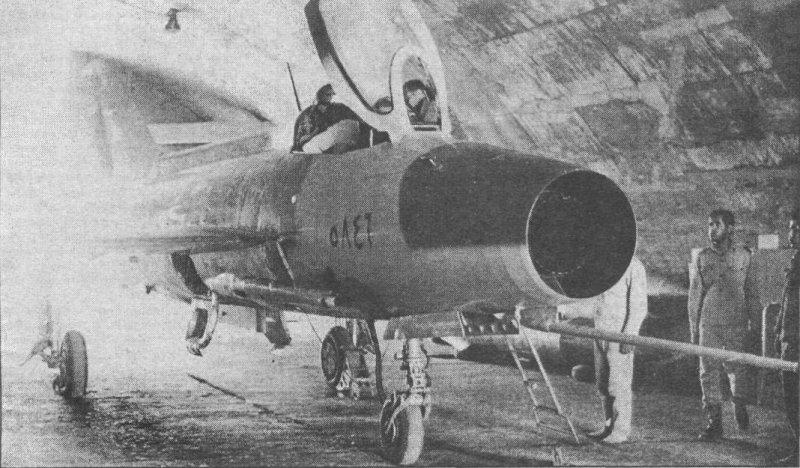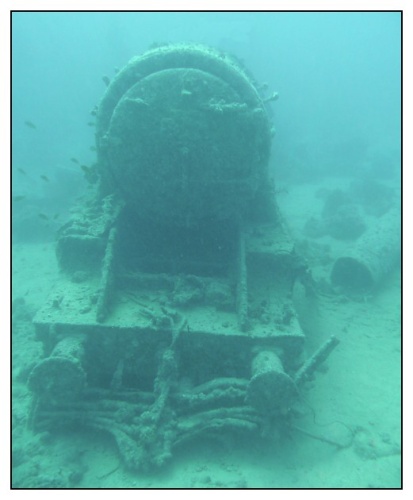
EGYPT: Ban on Palestinian Hamas
Egypt is systematically stepping up its fight against the Palestinian Hamas movement, which controls the Gaza Strip. On Tuesday, a Cairo court banned Hamas from all activities and operations in Egypt, making it clear that the authorities did not intend to compromise their intention to completely isolate the movement. The court has ordered the closure of all Hamas offices and the confiscation of its property, and members of the movement living in Cairo may now be arrested. The ban on Hamas is no longer far from declaring it a terrorist organization, which has been its parent Muslim Brotherhood in Egypt since December.




